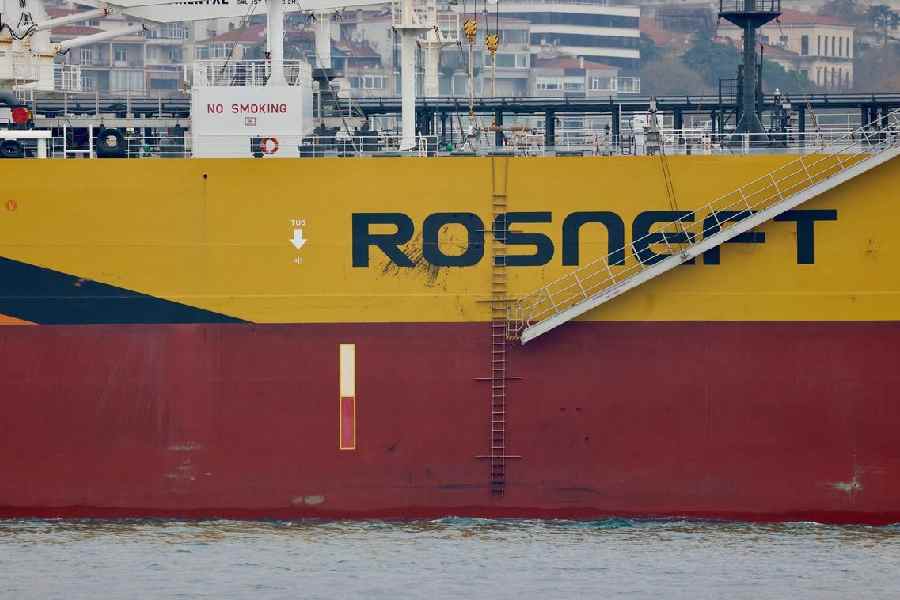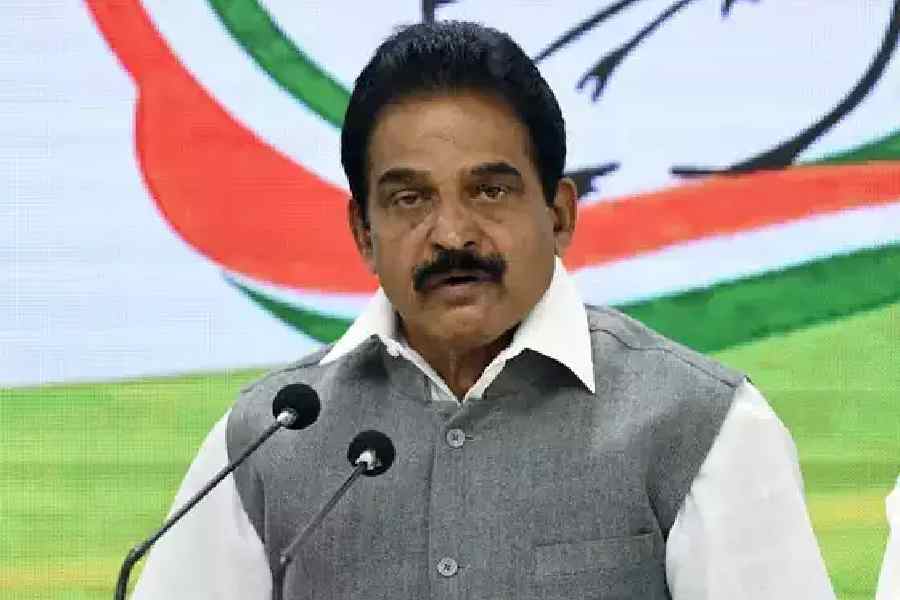The European Union imposed sanctions on the Indian oil refinery of Russian energy giant Rosneft on Friday and lowered the oil price cap, as part of a new raft of measures against Russia over its war in Ukraine.
The fresh sanctions on Russia included new banking restrictions and curbs on fuels made from Russian crude oil, potentially impacting $15 billion worth of petroleum products exports to the EU, according to the GTRI.
Gujarat’s Nayara Energy, 49.13 per cent owned by Russia’s Rosneft, now faces restrictions on using EU shipping, insurance, and financial services — intensifying scrutiny of Russian-linked assets in India.
“For the first time, we’re designating a flag registry and the biggest Rosneft refinery in India,” EU foreign policy chief Kaja Kallas said in a post on X.
A central component of the package is a ban on the import of refined petroleum products made from Russian crude and exported via third countries — excluding only a select few allies like the United States, United Kingdom, Canada and Switzerland. This measure may hurt nations such as India, Turkey, and the UAE, which have been refining Russian crude and selling diesel, petrol, and jet fuel to Europe.
A particular casualty of the EU sanctions is Nayara’s Vadinar Refinery in Gujarat. While the refinery is cut off from exporting petroleum products made using Russian crude to the EU, the new sanctions escalate risks by prohibiting the use of EU financial, insurance, and maritime services.
Late in the night, external affairs ministry spokesman Randhir Jaiswal said India does not subscribe to any unilateral sanction measures; maintaining that ensuring energy security is a responsibility of paramount importance to the Government of India to meet the basic needs of citizens. He was responding to questions on the EU’s 18th sanctions package against Russia that also targets a Rosneft refinery in Gujarat.
Asserting that India is a responsible actor and fully committed to “our legal obligations’’, the spokesman underscored that “there should be no double standards, especially when it comes to energy trade’’.
Though India has maintained that it does not subscribe to sanctions imposed by any entity outside the UN, New Delhi has in recent years cut back on purchases from both Iran and Venezuela due to US sanctions.
With inputs from our New Delhi bureau










